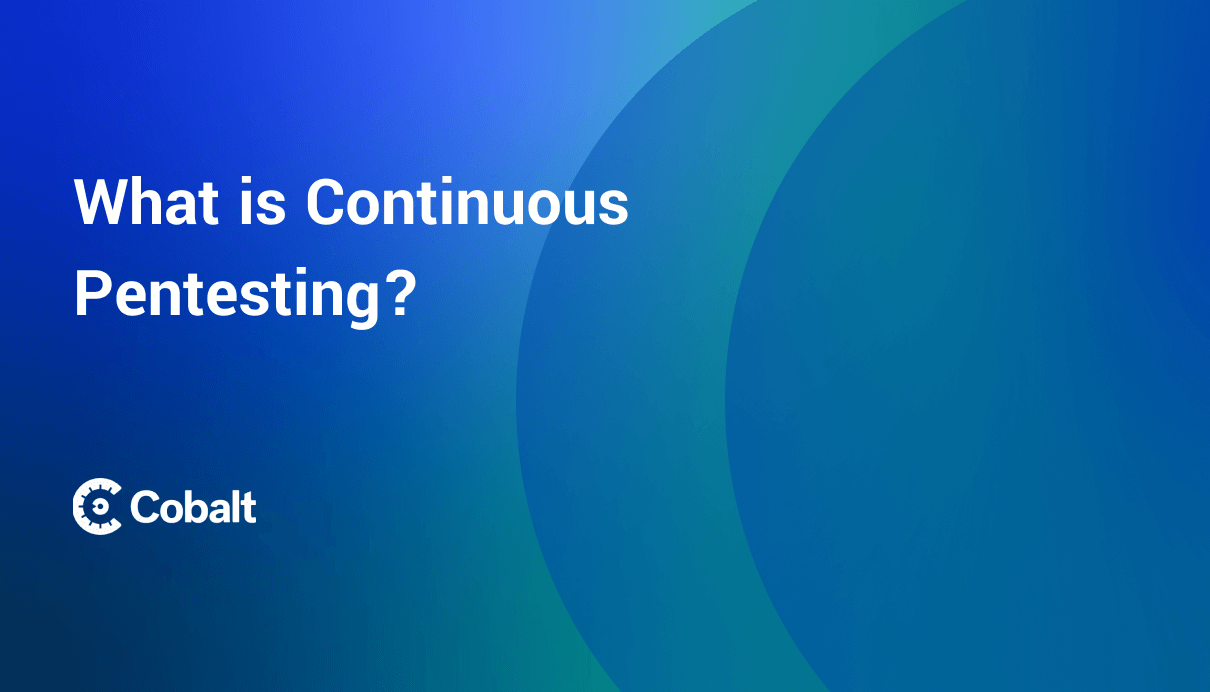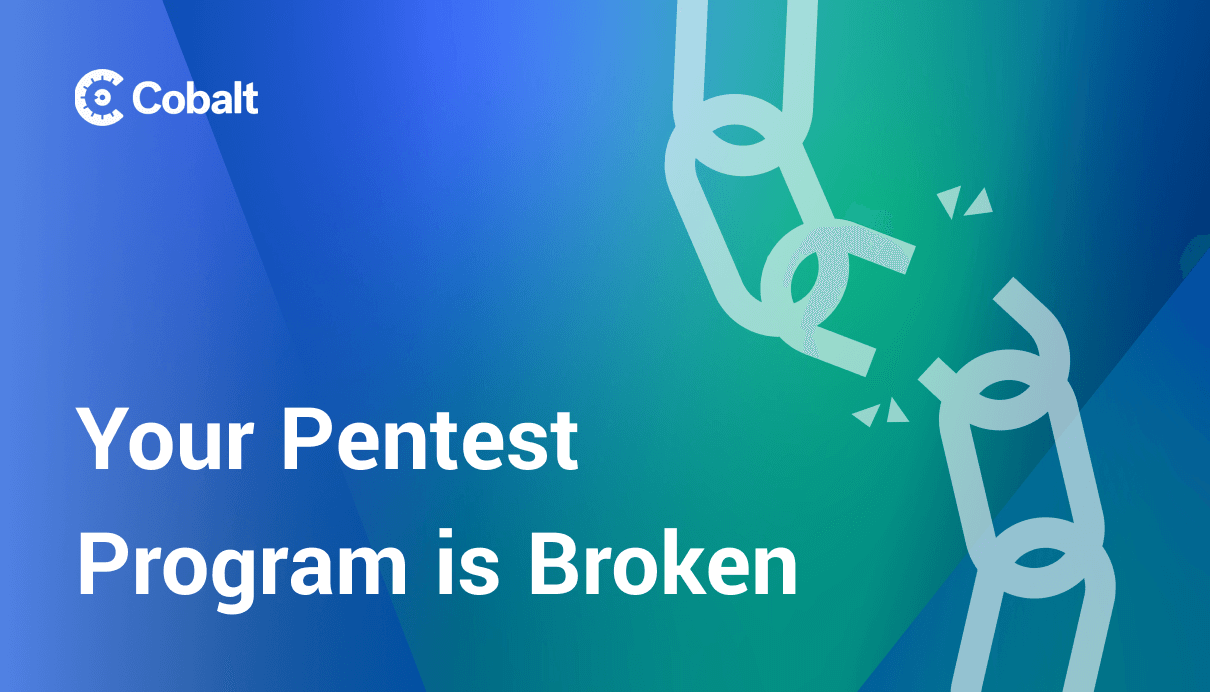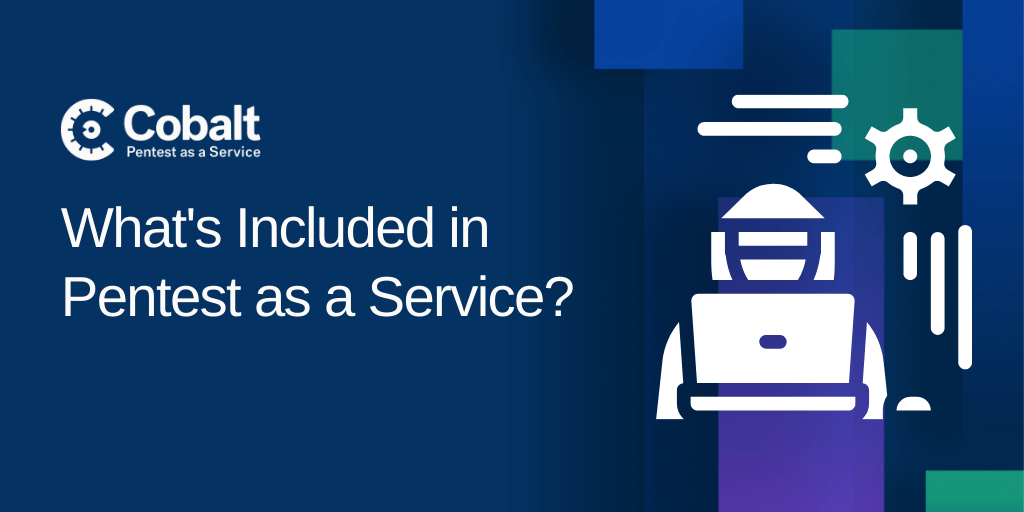Companies regularly pentest to adhere to compliance requirements but is this enough to actually stay secure?
According to the State of Pentesting Report 2022, many companies struggle to completely fill their development and security job openings. Yet, the demands of a constantly evolving threat landscape require companies to constantly adjust their security posture and respond to emerging threats.
To this point, it may be counterintuitive to suggest that continuous security testing could help alleviate some of the manpower shortage — but it certainly can improve the speed and efficiency of your CI/CD methodology.
For example, companies with a stronger security posture will be more difficult to exploit and thus, should experience fewer breaches which saves money from a costly breach.
More directly, an increased testing frequency offers many benefits such as testing code before it reaches production to proactively fix vulnerabilities before release or improving visibility into the day-to-day operations of your security and engineering teams.
Let’s take a closer look at the benefits of continuous penetration testing using a Pentest as a Service (PtaaS) platform.
1. Test code before it reaches production, find more vulnerabilities
With nearly 2 out of 3 of companies operating with an agile development lifecycle, testing shouldn’t be delayed because production is moving too fast.
Instead, companies should consider Agile Pentests. An Agile Pentest, created specifically for companies seeking to increase their security coverage without conducting a full Comprehensive Pentest, empowers companies to do more than an annual pentest.
With Cobalt’s Agile Pentesting services, businesses can test new code before it reaches production and shift their DevOps left closer to a DevSecOps motion.
2. More Timely Results
With a continuous pentest program using a PtaaS platform, companies can stay up-to-date with the quickly changing threat landscape with the more timely results and near real-time feedback during their pentest.
Last year, security professionals around the world had to quickly respond to a new emerging threat known as Log4J. This provides a good use case for Cobalt’s Agile Pentesting services which can help validate a specific exploitable vulnerability or OWASP category.
3. Reduce development costs during remediation
Since code can often be dependent upon other code, executing a security assessment may uncover a vulnerability that requires remediation on a dependent code base. Thus, it could end up costing valuable development time to remediate a vulnerability if it is associated with a code dependency.
This is less likely to happen if code is tested on a more regular basis. Furthermore, other points from this list show how pentesting more frequently can reduce development costs such as with increased operational efficiency or developer’s knowledge of security.
4. Improved operational efficiency
With more frequent tests, companies are better prepared to improve their day-to-day security operations. Continuous penetration testing unlocks the benefit of having increased data. This data can be analyzed to identify trends and increase efficiency, while also decreasing any redundancies in your development and security processes.
Examples of valuable pentest data include the average remediation time, identifying systematic trends, or portfolio coverage. Explore more pentesting metrics.
5. Increase developer’s security expertise
The increased communication between developers and InfoSec professionals that occurs on a PtaaS platform should empower developers to be more efficient with regard to security.
This sharing of knowledge can occur in many different ways for companies leveraging a PtaaS solution for their pentesting services. The near real-time feedback testers provide can be invaluable. Another less apparent example includes when engineers may be unaware of the remediation necessary to fix a vulnerability that can be exploited through different approaches. The increased communication, paired with retesting will ensure remediation efforts don’t miss anything and enhances the developers knowledge.
6. Progress further along the Cybersecurity Maturity Model
The Cybersecurity Maturity Model is a certification to help companies increase trust in their security program with external parties. Through this model, companies will progress across 4 levels ranging from unprepared and reactive to proactive and anticipatory. Continuous security testing can help companies achieve this progression.
Naturally, the increased visibility of a continuous pentest program will illuminate threats more rapidly for teams to remediate. A continuous pentest program also allows organizations to achieve secondary benefits such as increased efficiency within their testing efforts or decreased remediation time.
7. Comply with regulations and customer requests
Compliance is a strong driver for companies to conduct a pentest but it’s not the only reason. Customer requests or to prepare for M&A activity are two other popular reasons to conduct a Comprehensive Pentest. Overall, its about understanding your attack surfaces and ensuring critical vulnerabilities are properly remediated to prevent a cyberattack.
Furthermore, a Comprehensive Pentest will be more appropriate for compliance requirements since it includes a broader view of software and systems than a targeted Agile Pentest would.
In closing, hopefully, the benefits of continuous pentesting with a PtaaS platform are more apparent. These range from programmatic efficiencies to increased knowledge and collaboration between developers and security professionals.
For companies looking to increase their security coverage, creating a continuous pentesting program offers a variety of avenues to do so.










